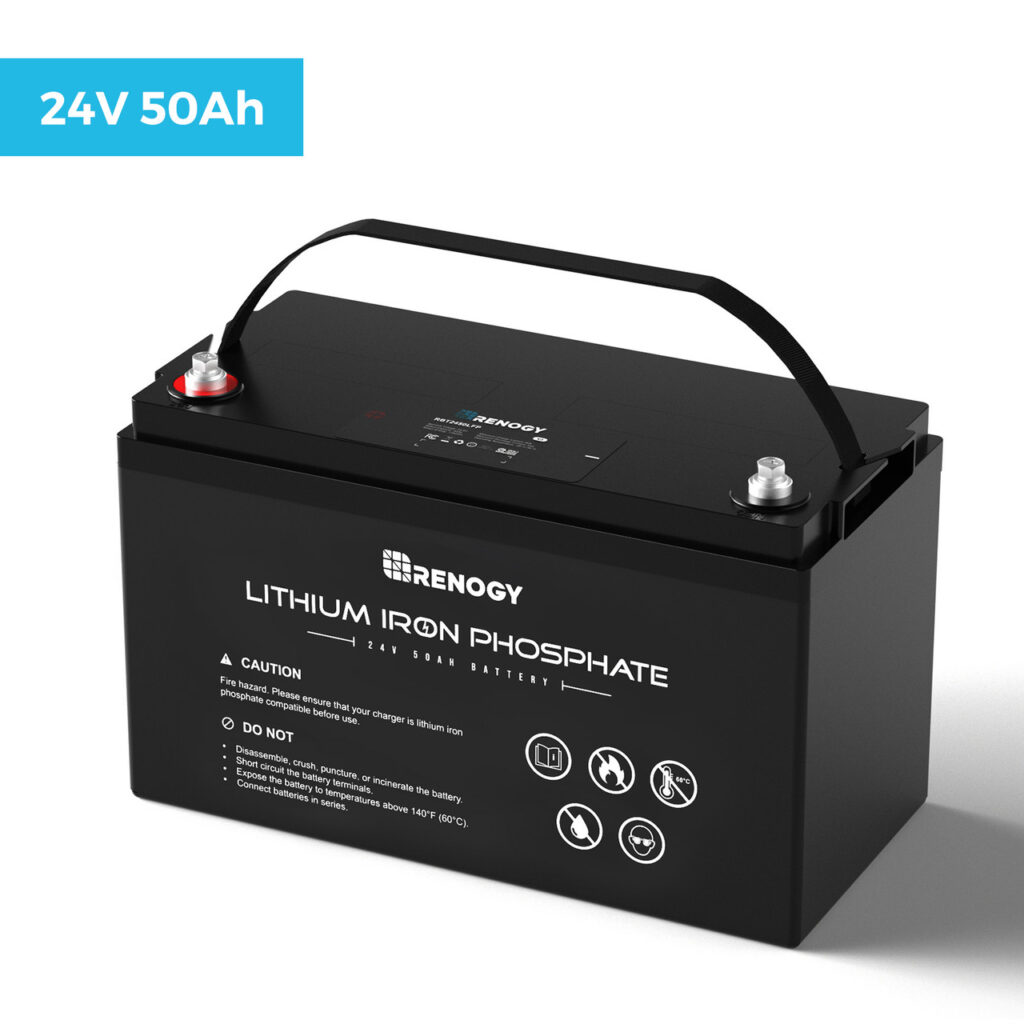
Solar batteries can be an invaluable addition to a solar system, helping you become energy self-sufficient and disaster prepared. Batteries store the excess electricity generated by your panels so that you can access it even when the grid goes down.
When selecting a battery, look for one with high capacity (in kilowatt-hours) and round-trip efficiency of at least 80%. These factors will determine how much energy can be extracted from the device and its lifespan.
1. Increased Safety
Solar battery backup systems can offer your home security by automatically turning on during power outages, and they also generate enough clean, renewable energy to fuel any necessary circuits until the grid is restored.
Before installing solar batteries, there are a few things to consider: high upfront costs, limited capacity, maintenance requirements and safety risks.
Even with safety systems in place, the risk of fire or explosion remains. It requires decisions about acceptable levels of damage to reduce those risks as well as cost-benefit trade-offs that determine how much a battery system owner will accept for extra safety features.
2. Reduced Stress
Solar batteries help to relieve strain on the grid by reducing how much electricity needs to be moved across transmission lines. This can provide a break during times of high demand and help to flatten out the electrical curve.
Battery storage also promotes energy self-sufficiency, which is especially advantageous in places where running all electrical appliances off the grid isn’t feasible. This makes a home more likely to remain operational during a power outage and may help avoid utility charges.
Batteries come in various shapes and materials, such as lead-acid, lithium-ion, flow and nickel cadmium. When selecting a battery it’s important to consider its cycle life and Depth of Discharge (DoD).
3. Reduced Downtime
Solar battery storage offers numerous advantages, from storing excess power from solar panels during grid outages to emergency situations such as hurricanes. For instance, during Florida’s recent hurricane, stored solar energy kept emergency shelters operational.
Neglecting solar-plus-storage for your business can be a costly mistake. Not only does it save money during times of high electricity prices, but it may also provide other important advantages as well.
Another advantage of solar-plus-storage systems is that they help combat climate change. By avoiding fossil fuel combustion, these systems reduce carbon emissions.
However, it’s essential that you select the appropriate battery type for your requirements. For instance, consider how much power is drawn from your system and how long a power outage might last.
4. Less Dependence on the Grid
Solar power systems often generate more energy than a home needs, especially on sunny days. To offset this excess consumption, they “sell back” any excess electricity back to the grid – an idea known as net metering.
But when the electrical grid goes down, solar-plus-storage systems with batteries are isolated from the grid and can continue producing electricity. This safety measure prevents surplus electricity from accidentally going into downed lines and endangering workers who repair it.
Solar batteries offer the benefit of less reliance on the grid, making them particularly beneficial for those living in areas without reliable grid supplies or during times of severe weather when backup power is necessary. Furthermore, it may even provide additional cost savings during times of high utility rates.
5. Increased Resilience
Energy storage for solar power systems increases their resilience, and also allows them to generate revenue by participating in wholesale power markets and offering energy arbitrage or frequency regulation during grid outages.
Due to an increasing number of outages caused by extreme weather events, solar-plus-storage systems have become more valuable and cost-effective than ever before. This represents a paradigm shift for power systems that were once passive but are now capable of being active and cost effective.
When considering the cost-effectiveness of a project, the resilience provided by solar and storage systems with storage is often underestimated. But in a recent study, researchers discovered that when costs associated with avoided outages were factored into an optimal PV and storage system design, its value more than doubled.